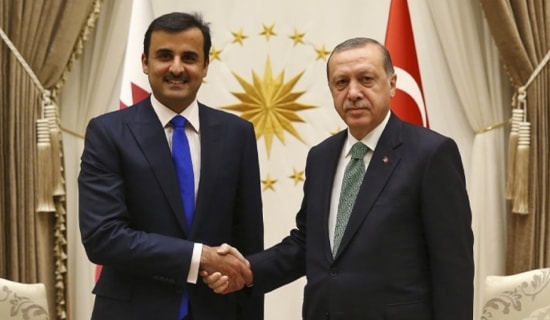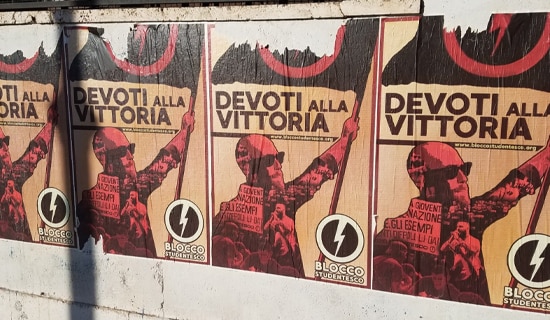Following are excerpts from an interview with Syrian cartoonist Ali Farazat, which aired on Al-Arabiya TV on August 4, 2011.
Ali Farazat: "Lebanon is held by prisoner by a certain group, as is known by all."
Interviewer: "You mean Hizbullah…"
Ali Farazat: "Exactly. Even the government… This is no longer a secret. After the advent of the new means of communication – the Internet and Facebook – everything is out in the open. There are no more secrets. Gone are the days of black-and-white TV. This is not 1982, when the catastrophe in Hama took place, with all the bombings, and no one but the people of Hama knew about it. Today, the world is an open book."
Interviewer: "What's behind the enmity towards Hizbullah? Hizbullah has always supported the Syrian regime. It is a resistance organization…"
Ali Farazat: "The people don't like them…"
Interviewer: "…and Syria is the country of resistance. What is the reason?"
Ali Farazat: "Who, me?"
Interviewer: "The Syrians have always been known as Pan-Arabists."
Ali Farazat: "The Syrian public is not politicized."
Interviewer: "So what is the reason for the enmity towards Hizbullah?"
Ali Farazat: "This is a kind of grievance rather than enmity. The entire Syrian public used to support Hassan Nasrallah, and would hang his picture in stores and homes. But suddenly, he made a speech or two, in which he almost accused the Syrian people of treason. It is as if he has burned all his bridges. Today, the Syrian public does not accept anyone praising Hassan Nasrallah […]
"People don't care about America, Europe, or the Arab countries. This is the first time that the revolution in Syria is a genuine and free revolution. Despite all the fabrication and propaganda by TV channels like Al-Dounia TV or Syrian News TV, the people don't know anything about any involvement of foreign [countries]."
Interviewer: "Is it true that they have shattered the barrier of fear?"
Ali Farazat: Absolutely. The barrier of fear has been shattered because the [regime] has already played the card of killing people. What can it do beyond killing people? From day one, they dealt with it by means of killings, snipers, and violence, and thus, the barrier of fear was shattered." […]
Interviewer: "Describe this cartoon."
Ali Farazat: "The man is told that he has the freedom to speak, but there is a noose attacked to the microphone."
Interviewer "Have you faced problems because of your cartoons?"
Ali Farazat: "Of course. Many problems. Once, for instance, I was summoned by one of the heads of the security agencies. He said to me: 'Is it conceivable…' Of course, the language he used was a little different… 'Is it conceivable that you air our dirty laundry in public, and at this crucial period in the history of our nation, no less?'
"Obviously, you are familiar with this kind of rhetoric, ever since 1963: 'We are at a crucial stage in the history of our nation, the enemy lies in wait for us, yet you air our dirty laundry for all to see?!' And so on and so forth.
"So I said to him, in my own, way, of course: You ask me why I air your dirty laundry, but you don't ask yourself why you soil it in the first place. […]
"I read on the Internet once [that Bashar said]: 'I allowed Ali [Farazat] to start his [satirical] Al-Dumari newspaper [shut down by authorities in 2007], but he stabbed me in the back.' I would like to tell him that all I have is this pen, and he has all these weapons – so who's stabbing who?!" […]




